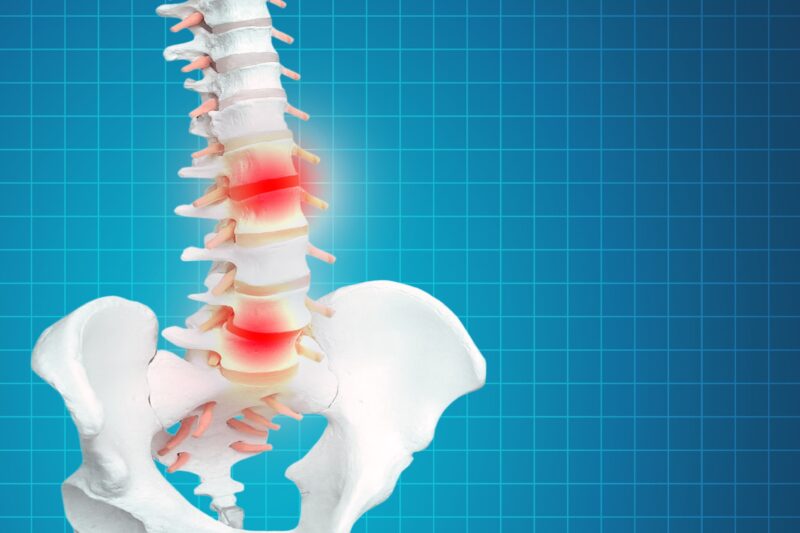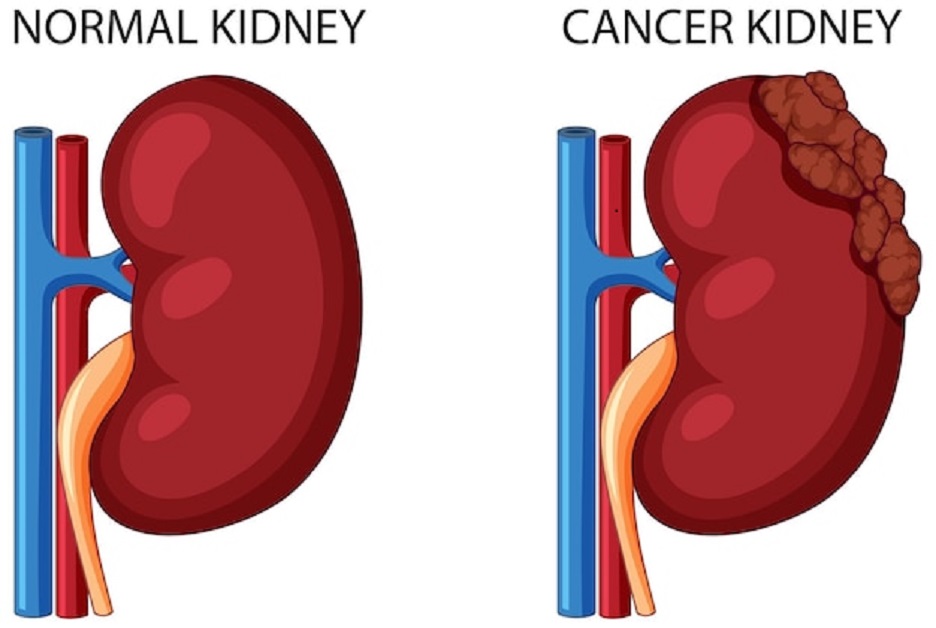ŎVERVIEW
Anxiety is the body’s normal reaction to stress. In other words, it is fear or apprehension about what is to come. For instance, a lot of people feel nervous and afraid on the first day of school, going to a job interview, or giving a speech.
Moreover, if your anxiety symptoms are severe, last for more than six months, and interfere with your daily life, you may have an anxiety disorder. Researchers don,t know the exact cause of it but are still trying to figure it out. However, a combination of factors is most likely at work which includes environmental, genetic, and brain chemistry.
Furthermore, researchers believe that the areas of the brain responsible for fear control may be affected. Current anxiety research is delving deeper into the parts of the brain that are involved with anxiety.
WHAT ARE ANXIETY DISORDERS?
It’s normal to be nervous about relocating, starting a new job, or taking a test. Despite the fact that this form of anxiety is unpleasant, it may inspire you to work harder and accomplish a better job. Ordinary anxiety is a fleeting sensation that does not interfere with your normal activities.
You may be afraid all of the time if you have an anxiety problem. It’s intense and, at times, paralysing.
This form of anxiety may force you to forego pleasurable activities. In extreme circumstances, it may prevent you from accessing an elevator, crossing the street, or even leaving your residence. Anxiety will worsen if it is not handled.
TYPES
Not every adolescent will exhibit the same symptoms. Teenagers can suffer from a variety of anxiety disorders, including the following:
- social phobia or social anxiety
- generalised anxiety disorder
- specific phobias
- panic disorder
- agoraphobia
- separation anxiety
CAUSES
Anxiety and depression in teenagers can be caused by a variety of factors. These are some examples:
- Teenagers with a family history of mood or anxiety disorders may be more likely to develop them.
- Trauma: Teenagers who have experienced trauma, such as sexual abuse, violence, or being involved in an accident, are more likely to experience anxiety and depression.
- The social, school, and family circumstances of a teen can have an affect on their mental health. Abuse and neglect, divorce in the family, bullying, poverty, learning disabilities, and a struggle to fit in can all contribute to depression and anxiety.
- Substance abuse: Drug and alcohol abuse can have a negative impact on teenagers’ moods and lead to depression. They may use these substances to cope with their emotions.
- Brain differences: Teenagers’ brains are structurally different from adults’ brains. Changes in the brain circuits involved in responses to danger and rewards in teenagers can raise stress levels. Teenagers with depression and anxiety may have different levels of neurotransmitters in their brains, such as dopamine, serotonin, and norepinephrine. These have an impact on mood and behaviour regulation.
- Puberty-related stress: Teenagers going through puberty may experience hormonal changes that affect their mood as well as the stresses of a changing body, making them feel different from their peers.
- Negative thought patterns: Teenage depression and anxiety may be associated with negative thought patterns. Teenagers who are regularly exposed to negative thinking, often from their parents, may develop a negative worldview.
SYMPTOMS
Because young people are still developing, anxiety disorders can be particularly dangerous. Anxiety disorders in teenagers, if untreated, can have long-term consequences that can last into adulthood. Anxiety disorders have the following symptoms:
- feeling agitated, tense, or restless all the time
- having physical symptoms such as sore muscles, a racing heart, sweating, headache, stomach aches, or shortness of breath
- being sensitive to criticism or extremely self-conscious
- having negative, irrational, and unhelpful thoughts
- Always expecting the worst
- avoiding difficult or novel situations
- being withdrawn
- having difficulty concentrating and starting or finishing schoolwork
- Having difficulty sleeping
TREATMENT
Teenage mental health anxiety treatments can range from simple lifestyle changes to counselling techniques. Also, you can now easily get anxiety medication online.
Treatment options for people with mild-to-moderate anxiety may include:
- a healthy way of life – exercise, eat well, and get enough sleep
- dealing with any anxiety-inducing issues, such as homework, relationships, sexuality, or anything else
- stress reduction through mindfulness, meditation, or relaxation
- using online forums such as Youth Beyond Blue and ReachOut
- utilising e-therapies like the BRAVE self-help program
Treatments for more severe anxiety may include:
- Cognitive behaviour therapy and counselling are two examples of psychological therapies.
- Antidepressants are examples of medical treatments.
When Is Anxiety Acceptable?
It’s natural to feel anxious, nervous, or worried from time to time. Maybe you’ve felt nervous before speaking in front of a group. Or nervous before a big test or tryout. Perhaps you have experienced anxiety when you were unsure whether your surroundings were safe. Or when a loved one became ill.
Most people have felt this way.
Anxious feelings are unpleasant, yet they serve a function. They warn you that something important to you is at stake. When you are anxious, you may think to yourself, “I need to do well here.” “This counts — get ready,” for example. Or, “Be cautious.”
Anxiety activates the fight-or-flight response in the body. It’s a normal hormonal release that helps you focus and energise for a challenge or potential threat. Physical symptoms of anxiety are caused by the fight-or-flight response.
When you are anxious, for example, you may experience ‘butterflies’ in your stomach. You could also have sweaty palms or shaky hands. You may notice that your mouth is slightly dry. Or perhaps your face is feeling a little warm. You may notice a quickening of your breathing or heartbeat. With anxiety, you may experience one or more of these symptoms.
Feelings like these can help you accomplish your goals. Even if you’re nervous, you can go ahead with the tryout or take the exam. You can inspect your surroundings to ensure your safety. Instead of being consumed by worry, you can concentrate on what a loved one requires and plan how to assist them.
When you understand that anxiety is normal for the situation, you can relax and stop focusing all of your attention on the anxious thoughts and feelings. You don’t have to do anything to make your anxiety ‘go away.’ Take a deep breath and face the challenge. You’ll notice that your anxiety fades on its own.
When Does Anxiety Become a Problem?
Some people experience excessive anxiety. It appears to be more than they can handle. Fear and worries consume an inordinate amount of their time and energy.Some people may begin to avoid situations that cause them anxiety. These are symptoms of an anxiety disorder.
Tell a parent, a school counsellor, or your doctor if you are experiencing excessive anxiety. Anxiety disorders do have treatments. The sooner you seek assistance, the better you will feel.
OUTLOOK
Medication, psychotherapy, or a combination of the two can be used to treat anxiety disorders. Some people choose to live with a modest anxiety illness or a fear of something they can easily ignore rather than seek therapy.
It is vital to remember that anxiety disorders can be treated, even in severe circumstances. Although anxiety rarely disappears on its own, it is possible to learn to control it and live a happy, healthy life.





